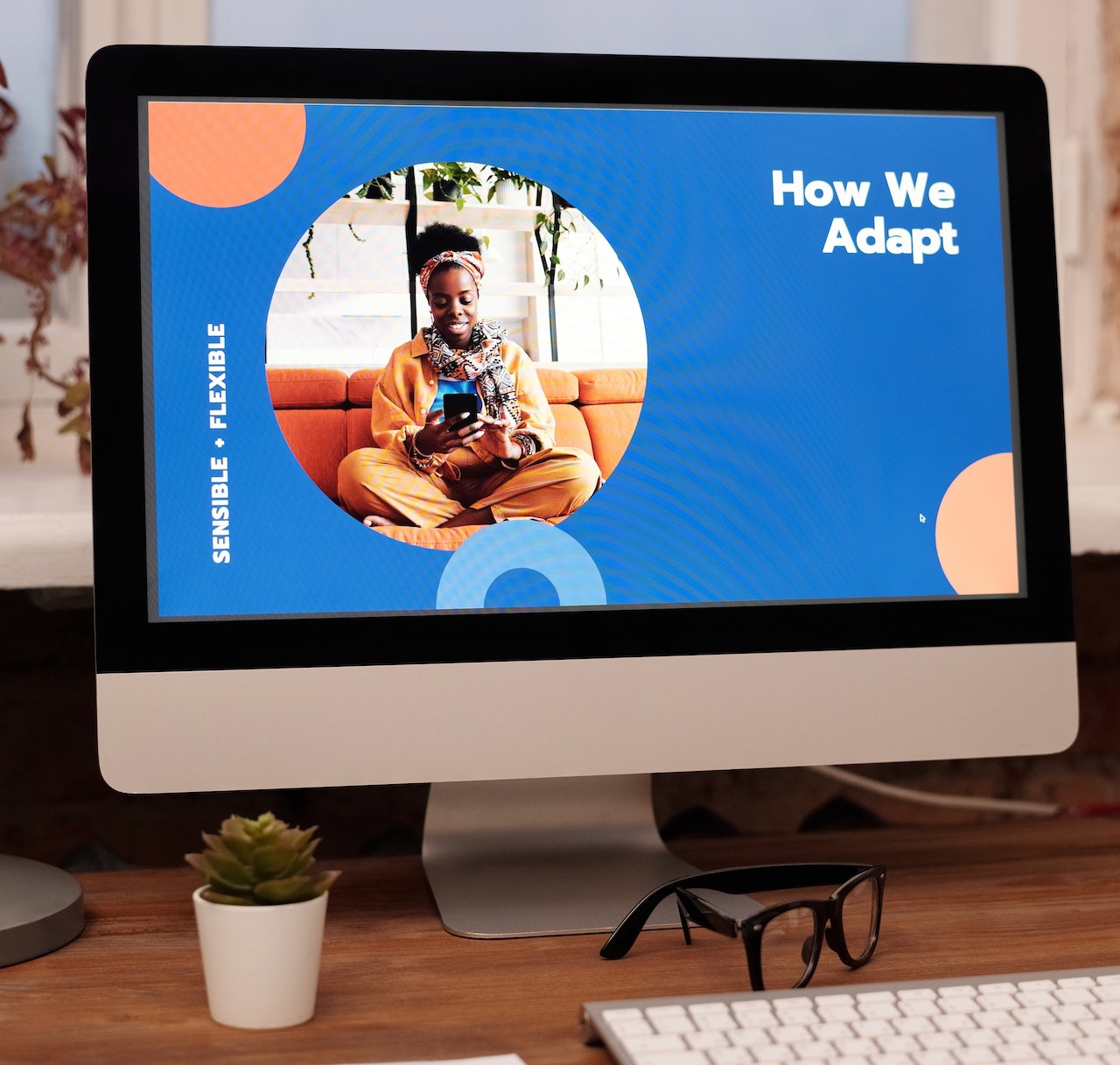The initial purpose of Customer Relationship Management systems was to provide support in the area of sales, marketing, and customer service. Presently, we have various CRM tools for nonprofits to assist in daily operations. This includes managing connections and projects between team members, vendors, partners, and collaborators. By and large, CRM systems integrate with all areas of an organization’s operations and business.
In this article, we will break down the concept of CRM for nonprofits to help organizations understand their use and benefits.

- A nonprofit has a similar need as a for-profit business
- Building relationships and keeping track of relevant data is crucial to growing an organization’s donation base
- A CRM system makes it easy to obtain data in an emergency.
What is a CRM?
Customer Relationship Management systems are tools that help organizations manage interactions with constituents like donors, volunteers, and contributors. Even more, users can easily access all donor data using a nonprofit CRM system. The appropriate CRM can assist organizations by minimizing pressure and the situation of missing information while saving time and resources.
In general, this type of software is mostly used by nonprofit employees who are in charge of recruitment, outreach, marketing, public relations, or fundraising.
Why do nonprofits need CRM?
All things considered, a nonprofit has a similar need as a for-profit business. Hence, nonprofit CRMs enable organizations to keep tabs on who, what, and when donors have donated in the past. This data allows NGOs to segment contributions in accordance with their requirements.
Additionally, CRM tools allow a nonprofit to organize data in a single location for accessibility and transparency. Other features that come with CRM systems include report features, automation tools, event management, and integrations.
Among other benefits of CRM for nonprofits are data insights and communication efficiency.
What qualities should a CRM for nonprofits have?
Regardless of the kind of CRM your organization intends to use, there are a number of qualities a nonprofit must consider when choosing a CRM system. Some of such include comprehensive constituent profiles, data reporting, processing of donations, email automation, and list segmentation, among others. However, in this segment, we will evaluate four of the basic features that a CRM should have.
a. Access and storage of data
In addition to storing all relevant information, a CRM system makes it easy to obtain data in an emergency. A good CRM for nonprofits eliminates the hassle element by delivering efficient data access and storage system.
Regardless of how big or small an organization is, it is crucial to be able to keep and retrieve donor information at any time. Hence, a good CRM not only provides a central location to keep donor profiles and data but also ensures that an organization is making the best use of that data.
b. Task automation
A good CRM software allows users to automate tasks and save hours each week. With automation as a major feature, difficult tasks that demand time and resources can be completed without much consideration.
For instance, an organization may set up automatic reminders with Monday Sales CRM to be notified once grants are accepted or when particular fundraising targets are met, and more.
c. Reporting and Analytics
Of course, reporting and analytics capabilities are essential to any nonprofit CRM. Without a CRM system, the data in an organization is likely dispersed across a number of different platforms, which is not ideal. However, with a good CRM platform, everything is conveniently kept in one place. This enables the effective gathering of useful metrics and insights about donations which can be used for future development and growth. To put it simply, data reporting analyzes all the data and transforms it into knowledge that is simple to comprehend.
d. Contact record and task reminder
A good CRM for nonprofits allows organizations to save all donor data in one easily accessible location. This also includes all crucial details like contact information, attendance at current and previous events, donation to donation pages, and more. Likewise, employees can also use the tool to schedule reminders to contact donors, view sent emails, and do a lot more.
Building relationships and keeping track of the relevant data is crucial to growing an organization’s donation base. With solid CRM software, a nonprofit can easily manage both existing and potential donors while staying abreast of every donor as they grow. Simultaneously, relationship management is made simpler and the process of reaching new contacts is streamlined with the aid of a straightforward CRM system.
Conclusion
CRM software usage is oftentimes ignored by charitable organizations. Nonetheless, it is a crucial tool that can simplify all of an organization’s connections and processes in one location. As a result, time and resources can be greatly channeled to develop the organization.
If you enjoyed reading this article, please share your comments and suggestions with us at the bottom of this post.



2 Responses